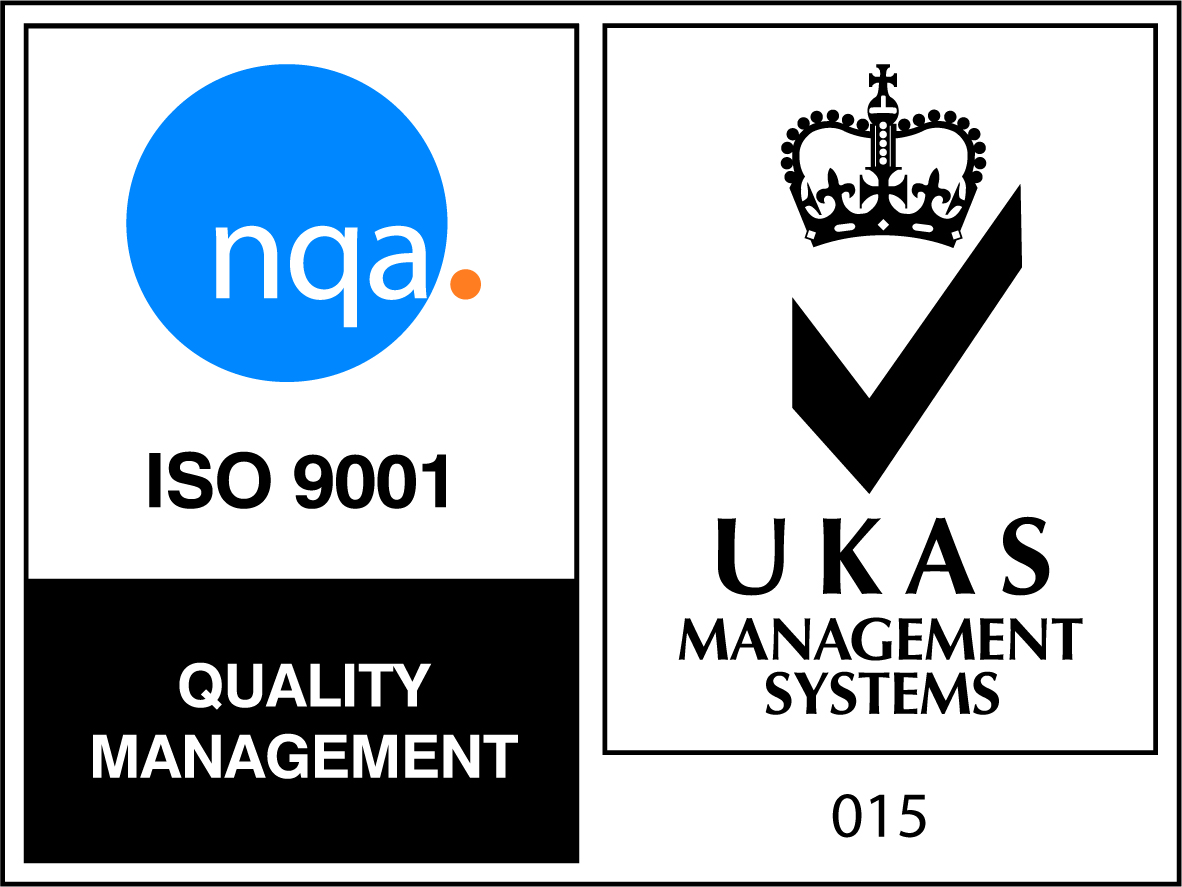The Importance of Quality Compliance in the Manufacturing Industry

In today’s competitive manufacturing landscape, quality compliance isn’t just abox to check—it’s a fundamental component of maintaining efficiency, meeting customer expectations, and adhering to industry regulations. Quality compliance impacts every part of the production process, ensuring products are manufactured to consistently high standards and that processes are safe, sustainable, and efficient. But what exactly does quality compliance entail, and how can businesses keep it at the forefront?
This blog will walk you through why quality compliance is crucial to manufacturing and outline practical steps for staying compliant. If you’re looking to improve your team’s skills in this area, In-Comm offers a range of short courses on quality compliance to help businesses stay at the cutting edge.
Why Quality Compliance Matters in Manufacturing
The goal of quality compliance is simple: to ensure products are made to a defined standard that meets both customer expectations and regulatory requirements. However, the impact of quality compliance goes much deeper.
1. Building Customer Trust and Brand Reputation
High-quality, reliable products help form trust with customers and solidify your reputation in the market. Quality compliance helps maintain product consistency, reducing recalls, reworks, and the costly repetitional damage that can follow a quality incident. In the age of online reviews and fast-moving social media, even a single lapse in quality can affect customer perception. Consistently meeting compliance standards demonstrates to your customers that your company values quality and reliability, which helps build long-term trust.
2. Avoiding Costly Penalties and Legal Issues
Failure to adhere to quality regulations can lead to fines, sanctions, and other penalties. For example, in sectors such as automotive or medical manufacturing, strict compliance is necessary not only to avoid regulatory penalties but also to ensure products are safe for consumers. Compliance training can help your team understand and meet these standards, reducing the risk of non-compliance and the potential financial and legal repercussions.
3. Enhancing Operational Efficiency
Quality compliance promotes best practices that streamline production processes. When employees are trained to follow quality standards, the result is a reduction in waste, fewer errors, and more consistent product outcomes. Complying with industry standards can also improve cross-department communication and reduce downtime caused by quality issues. Ultimately, investing in quality compliance is an investment in a more efficient, productive manufacturing process.
4. Fostering a Culture of Continuous Improvement
In manufacturing, continuous improvement isn’t just a trend; it’s an ongoing requirement to stay competitive. A strong focus on quality compliance encourages teams to find new ways to enhance quality and efficiency. Regular training and awareness around compliance create a culture where employees are motivated to spot issues early, report them promptly, and suggest improvements.
Key Areas of Quality Compliance in Manufacturing
While each manufacturing business has unique needs, several areas are universally critical to quality compliance.
1. Product Quality Standards
Every industry has specific quality standards that products must meet. In automotive, this might mean ISO/TS 16949 compliance, while aerospace requires AS9100 certification. These standards ensure that products meet minimum quality and safety criteria. Regular quality training helps employees understand and apply these standards, ensuring products meet required specifications consistently.
2. Process Compliance
Quality compliance isn’t just about the end product; it’s also about how it’s made. Standards such as ISO 9001 focus on process management, ensuring that the production steps meet quality benchmarks and that there are mechanisms for identifying and correcting issues. Process compliance leads to a more streamlined workflow, higher efficiency, and lower production costs.
3. Equipment and Environmental Compliance
Equipment maintenance is a critical aspect of quality compliance. Inadequately maintained machines can compromise product quality, lead to safety hazards, and even cause costly shutdowns. Environmental compliance, such as following regulations on emissions and waste disposal, is also essential for many manufacturers, helping to avoid fines and demonstrating a commitment to sustainability.
Practical Steps to Improve Quality Compliance
Achieving quality compliance is an ongoing process. Here are some practical steps to help keep compliance at the center of your manufacturing operations:
1. Invest in Regular Training
Keeping staff up-to-date on quality standards is essential. In-Comm offers a variety of short courses that cover essential topics such as quality auditing, problem-solving, and measurement techniques. These courses are designed to give your team the knowledge they need to maintain compliance across all areas of production. Explore the In-Comm open courses and consider enrolling your team to sharpen their skills and ensure they are ready to meet the latest industry standards.
2. Implement Routine Audits
Audits play a critical role in maintaining quality compliance. By regularly reviewing processes, you can identify potential issues before they escalate. An internal audit system will allow you to assess quality metrics, ensure standards are being followed, and make timely adjustments.
3. Develop Clear Documentation
Comprehensive documentation is essential to quality compliance. Standard Operating Procedures (SOPs), work instructions, and process flow diagrams ensure that every team member understands the processes and standards. Documentation also provides traceability in case an issue arises, helping you quickly identify and resolve root causes.
4. Foster a Quality-Focused Culture
Promoting a culture of quality compliance requires buy-in from the entire team. Encourage employees to report issues without fear of repercussions and recognize their contributions to maintaining high-quality standards. Building a compliance-focused culture empowers teams to take ownership of quality, which ultimately strengthens the organization.
5. Monitor and Measure Compliance Metrics
Use data to track your compliance progress. Metrics like defect rates, rework percentages, and audit findings provide valuable insights into how well your organization is adhering to quality standards. Regular monitoring helps identify trends and areas for improvement.
Explore Quality Compliance Training at In-Comm
Staying compliant in a dynamic industry requires ongoing education. In-Comm offers specialised short courses focused on quality compliance, covering essential topics that manufacturing teams need to stay compliant and competitive. Browse the open courses page and take advantage of upcoming sessions to upskill your team.
From quality assurance and auditing to quality planning, In-Comm’s courses are taught by industry experts and provide practical, hands-on knowledge to support your quality compliance goals. Get in touch to secure your spot and ensure your team has the tools they need to uphold high standards in quality compliance.
The Bottom Line
Quality compliance is essential for any manufacturing business aiming for operational excellence, customer satisfaction, and regulatory alignment. With the right training, clear documentation, and a culture that values quality, your organisation can maintain compliance, reduce risk, and thrive in a competitive market.

